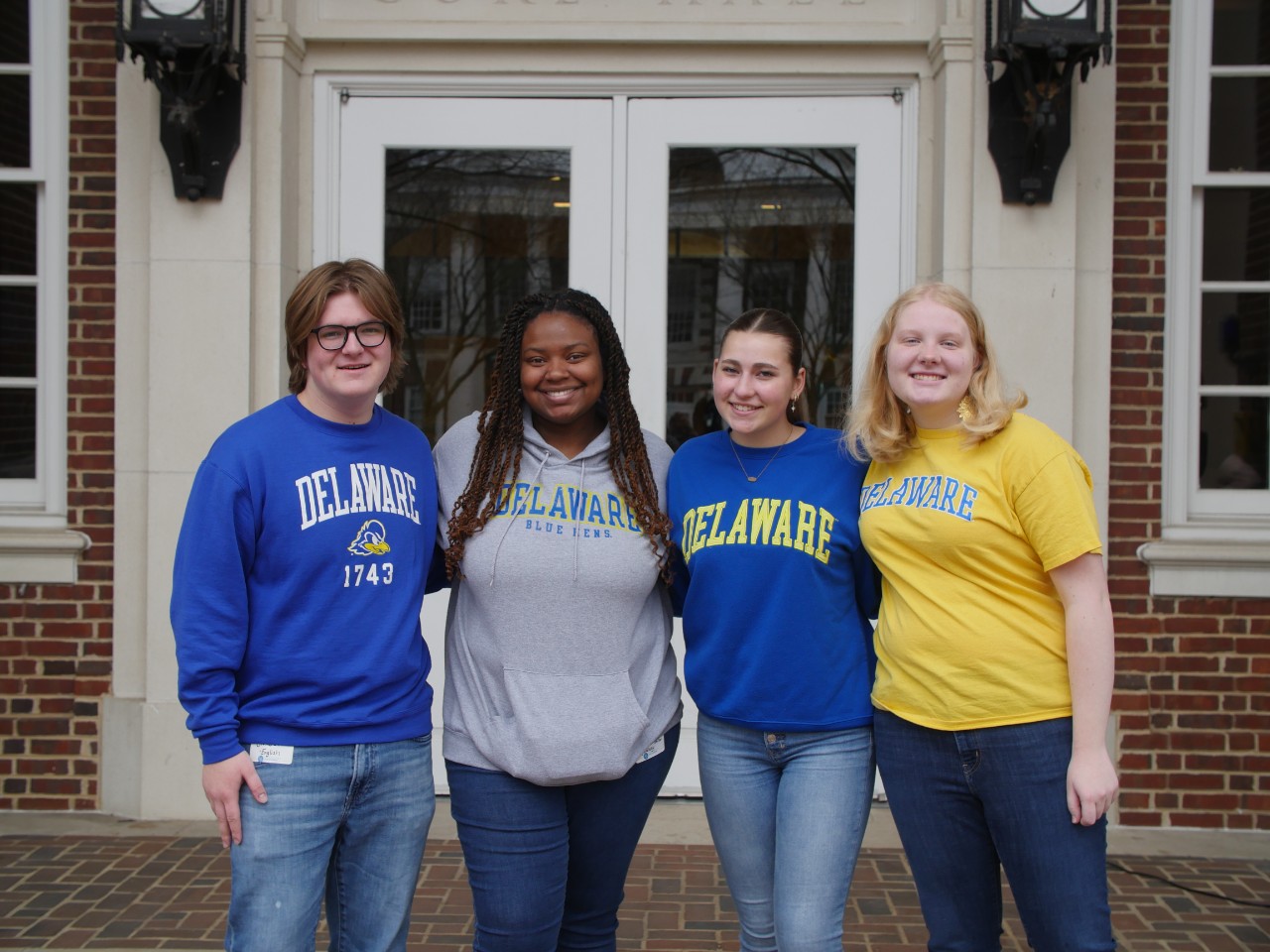

Welcome to the new Student Employment Office website
Helping Students Find Meaningful Jobs and Develop Professional Skills
Featured Job
This section spotlights a featured job opportunity. Be sure to check back regularly as new roles are highlighted. Stay updated on positions that may be a good fit for you.
Why Work On Campus?
Working on campus allows students to gain valuable work experience and develop transferable skills. On campus jobs also provide convenient working locations and flexible hours.
Students can view current opportunities on this page, and learn more about each position via the "View More Student Jobs" button below.
Graduate Students seeking internships and full-time professional career opportunities should use Handshake.
-
Ambassador, Campus Recreation, Fall 2025
Passionate about fitness, rec, and wellbeing? Become a Campus Rec Ambassador! Help create content, plan events, and drive engagement. Apply now and be...
-
Building Supervisor, Ice Arenas. Ongoing
Help maintain ice quality, run the Zamboni (training provided), assist guests, and support game day operations. Great for students into skating, sport...
-
Earth Sciences Teaching Collection Organizing/ Cataloging, Summer 2025
The Department of Earth Sciences is seeking, responsible, motivated undergraduate students to assist the department with organizing its teaching colle...
-
Audio & Visual Technician USC, Summer and Fall 2025
As an AV Technician, you will be responsible for setting up and operating a wide range of audiovisual equipment, including projectors, soundboards, li...
-
Academic Enrichment Tutor, Ongoing
Become a Peer Tutor – Help Others Succeed While Strengthening Your Own Skills! Are you passionate about learning and enjoy helping others? Join our te...
-
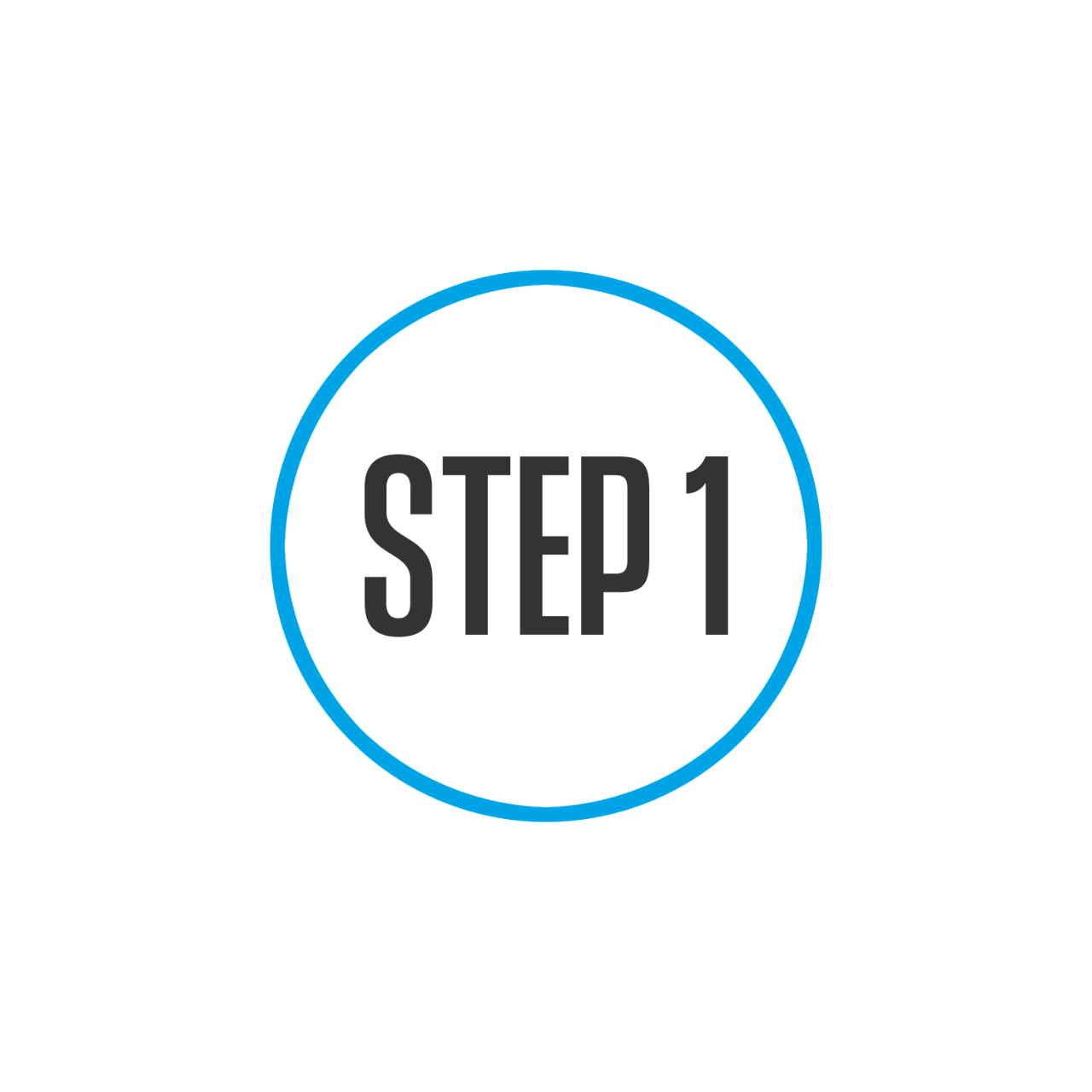
Step 1: Prepare Application Materials
An effective resume showcases your experience, achievements and strengths, relating them to a specific position by using key words and highlighting relevant experiences.
Resume Samples and Templates
Receive feedback from the UD Career Center staff by attending Drop-In Hours
-
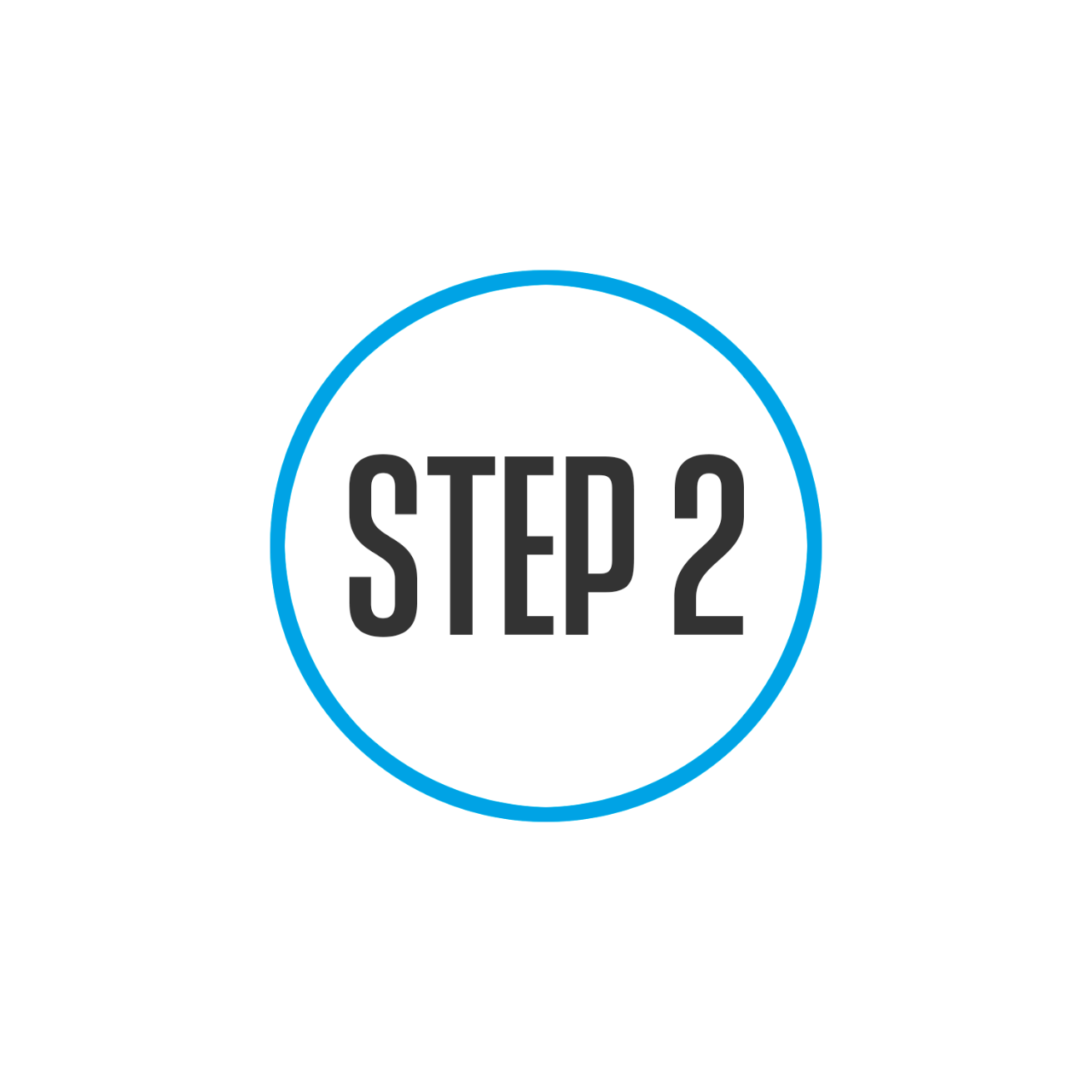
Step 2: Search and Apply for Jobs
Student Jobs
If you have any questions about the position, the application process, or any other related matters contact the Student Employment Office, studentjobs@udel.edu.
-
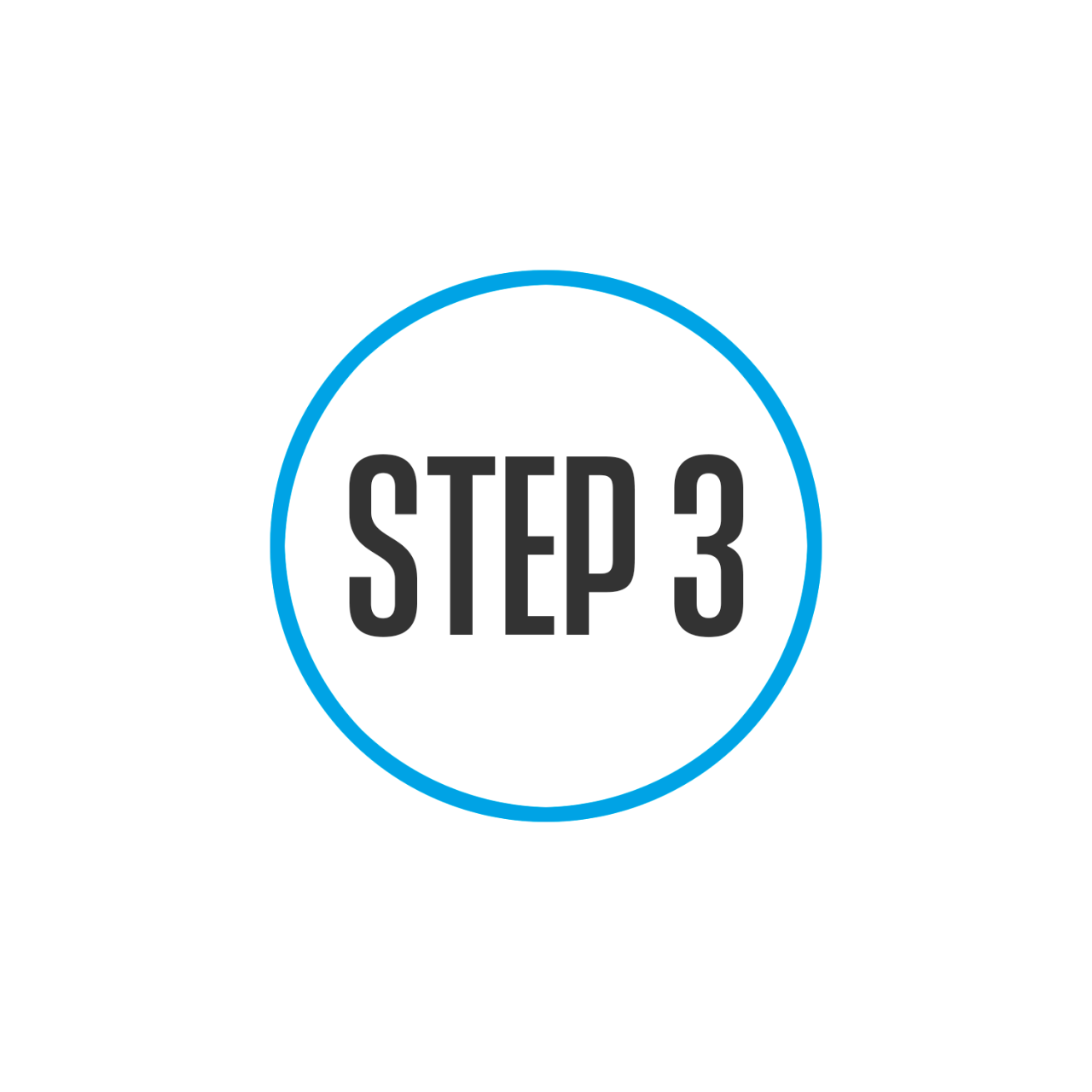
Step 3: Interview Process
Interviews help employers learn more about how your academic background, skills and experience match the requirements of a job opening.
Respond to interview requests in a timely manner
Properly prepare for an interview
Send a thank you note!
-
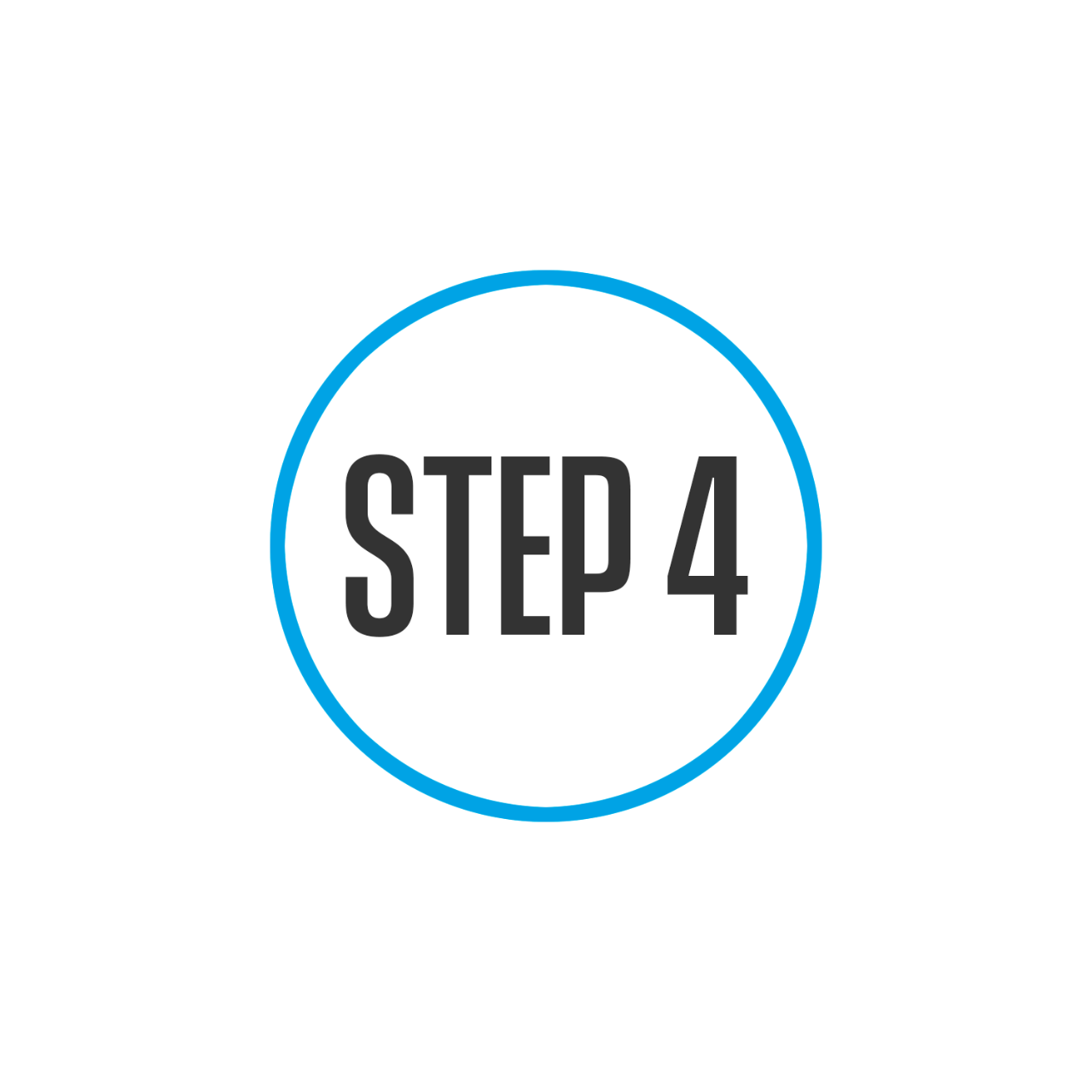
Step 4: Job Offer and Onboarding
If offered the position, carefully follow all instructions provided by the Student Employment Office, hiring manager and your department’s HR representative to complete the onboarding process.
Work-study Eligibility Frequently Asked Questions
Work-study jobs are paid hourly, with wages deposited bi-weekly into a checking or savings account based on UD Payroll schedules. There are limitations with work hours—no more than 8 hours a day or 20 hours a week—to ensure academic balance. Jobs must fall within the semester, from the first day of class to the last day of exams.
All hourly student jobs are open to work-study eligible students. Job descriptions will specify if the department is hiring only work-study students.
Summer and Winter Session work study requires an eligibility review by SFS. Funding is limited, and the amount offered depends on overall availability and how many students request it.
Students should submit their eligibility review request when registering for winter or summer sessions. The expected response time is within 10 business days.
Work-study opportunities are typically available to U.S. citizens or eligible non-citizens. International students may explore other on-campus employment opportunities, and eligibility criteria may vary. Consult with the Career Center or ISSS office for guidance.
Utilizing work-study funds benefits students by providing financial support, relevant work experience, flexible scheduling, on-campus convenience, networking opportunities, resume enhancement, skill development, and fostering personal growth.
University of Delaware Diversity Statement
As prepared by the Diversity and Equity Commission and The President’s Diversity Initiative
The University of Delaware’s educational mission is to prepare students to live in an increasingly interconnected and diverse world. To do so, we are committed to fostering a robust educational environment that supports critical thinking, free inquiry, and an understanding of diverse views and values. We see diversity as a core value and guiding principle for our educational mission and thus must work to make diversity an integral part of everyday life on campus. To this end, we take diversity to mean both the recognition and appreciation of the different backgrounds, values, and ideas of those who comprise our campus, as well as a commitment to ensuring that all people on our campus are treated according to principles of fairness, civility, dignity, and equity. We are committed to building an educational community that understands people from different backgrounds and economic circumstances, with different needs, and from diverse personal and philosophical beliefs. We want to make all people who are part of the University feel welcome and valued in campus life.
Notice of Non-Discrimination, Equal Opportunity and Affirmative Action
The University of Delaware does not discriminate against any person on the basis of race, color, national origin, sex, gender identity or expression, sexual orientation, genetic information, marital status, disability, religion, age, veteran status or any other characteristic protected by applicable law in its employment, educational programs and activities, admissions policies, and scholarship and loan programs as required by Title IX of the Educational Amendments of 1972, the Americans with Disabilities Act of 1990, Section 504 of the Rehabilitation Act of 1973, Title VII of the Civil Rights Act of 1964, and other applicable statutes and University policies. The University of Delaware also prohibits unlawful harassment including sexual harassment and sexual violence.
Annual Security and Fire Report
The University of Delaware's Annual Security and Fire Safety (ASFR) includes statistics from the previous three years concerning reported crime that occurred on campus, in certain off-campus buildings or property owned or controlled by the University of Delaware Campuses and statistics for fires in on-campus student housing. The report also includes institutional policies concerning campus security and other safety information along with fire safety policies and procedures.

